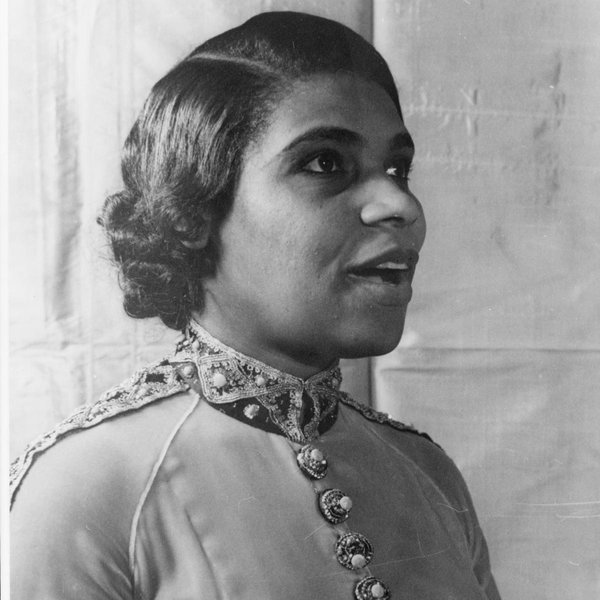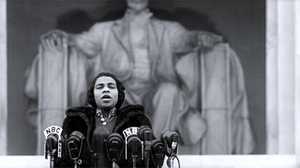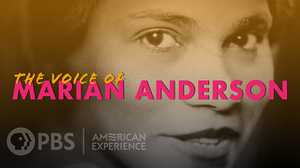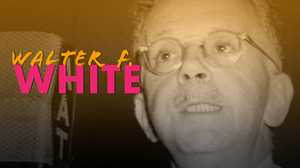The Music of Marian Anderson
Listen to a selection of Marian Anderson’s recordings

When Marian Anderson descended the steps of the Lincoln Memorial on Easter Sunday, 1939 for her career-defining performance before a crowd of 75,000 people, she was already an icon. Recently returned from a years-long European tour, she had performed to crowds with “Marian Fever” and was dubbed “The Voice of the Century” by legendary conductor Toscanini.
Marian Anderson began her musical training in the Union Baptist choir in Philadelphia. She was raised singing spirituals, hymns and anthems of the Black church tradition. Even amid an outstanding church choir, Anderson stood out as a true talent. Her community invested in her and helped her pursue formal training.
Denied a place in the Philadelphia Music Academy because she was Black, she continued to pursue musical education wherever she could. Her undeniable gift and sheer determination won her opportunities and allies, like American tenor Roland Hayes, who helped open doors that may have otherwise been barred. She trained and fell in love with Lieder – poems set to music by German composers, usually for voice and piano.
Marian Anderson’s 1939 concert on the steps of the Lincoln Memorial, brought together her history. She performed seven songs — a mix of the American Spirituals she knew in her bones and the classical repertoire she’d mastered: “America,” “Nobody Knows the Trouble I’ve Seen,” “Ave Maria,” “Gospel Train,” “My Soul Is Anchored in the Lord,” “O mio Fernando” and “Trampin’.”
Anderson continued to deliver powerful performances for decades after her Easter concert. In 1943, she sang to an integrated crowd at Constitution Hall. It was just four years earlier that the Daughters of the American Revolution had barred her from performing there and in doing so propelled her career to new heights on the Lincoln Memorial steps. On January 7, 1955, she became the first African American to perform with the Metropolitan Opera. She sang for two presidential inaugurations: Eisenhower's in 1957 and Kennedy's in 1961.
Anderson began a farewell tour on October 24, 1964, which ended on April 18, 1965 at Carnegie Hall when Anderson was sixty-eight years old. She continued to receive awards and accolades in the decades that followed, including the Congressional Gold Medal in 1977, Eleanor Roosevelt Human Rights Award of the City of New York in 1984, National Medal of Arts in 1986 and Grammy Lifetime Achievement Award in 1991. Anderson died in 1993 at age 96.








